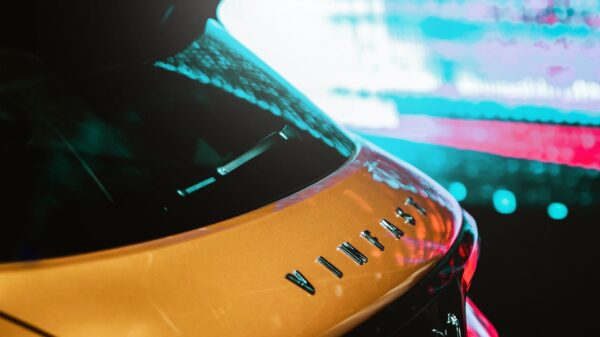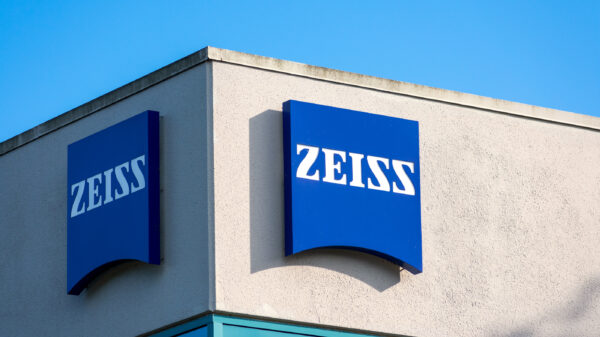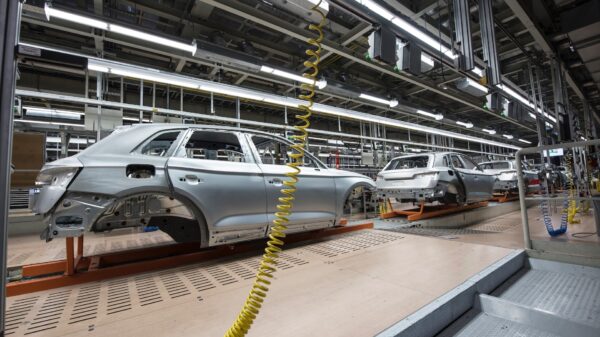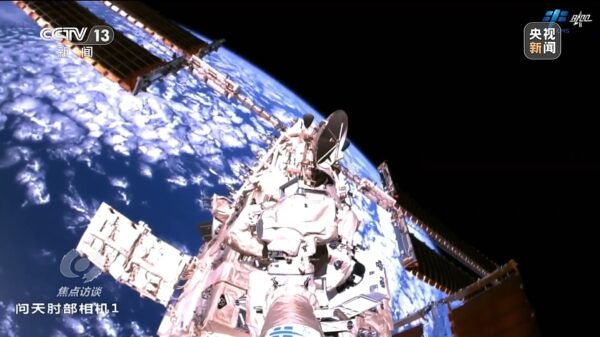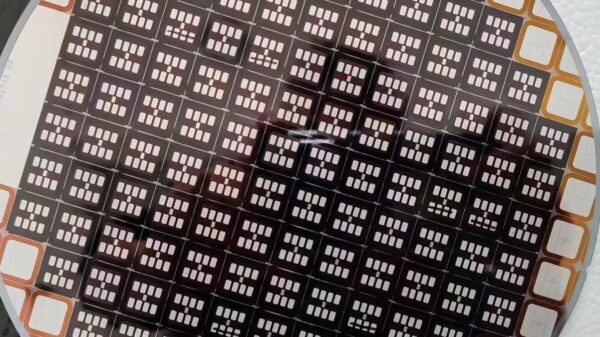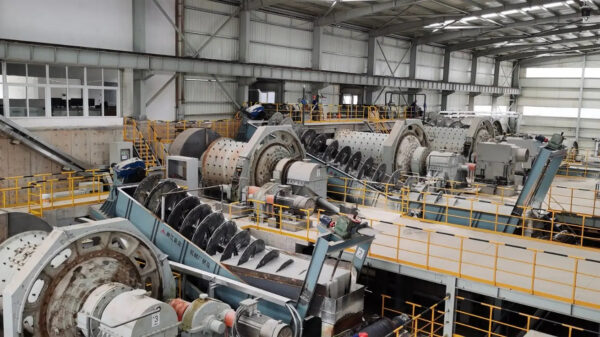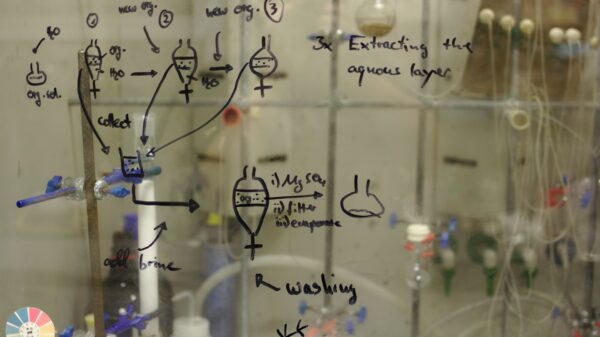The South Korean battery behemoth LG Energy Solutions and automotive giant Hyundai Motor Group are mulling over the adoption of the 'Z-stacking' method for their electric vehicle batteries joint venture in the US, according to announcements made earlier this month. The two conglomerates could make the switch as early as next month, following the successful deployment of the same technique in their first battery joint venture, HLI Green Power in Indonesia.
The Z-stacking method, a unique assembly process technology, is one of several developed by LG Energy Solutions, others being 'single lamination' and 'direct stacking'. The method, however. . .



